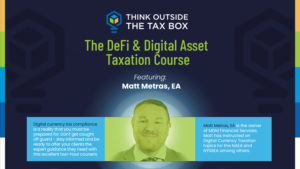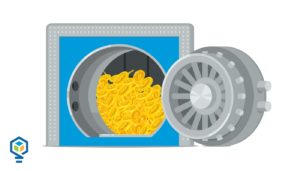To the non-crypto enthusiast, the term “airdrop” may conjure an image of a pallet of relief supplies parachuting in from above. In the cryptocurrency world, the term has a very different meaning, but conjures the same mental image.
In the simplest terms, a crypto airdrop is a token that appears in your wallet without being purchased, although in some cases additional actions may be necessary to facilitate the transfer of the asset.
An airdrop can take several different forms, the most basic of which is an unsolicited token that simply shows up in your wallet. This is typically done as a marketing campaign, to try to expand the user base of a new project. Generally, only a nominal amount of the token is distributed.
Many times, this type of airdrop is done maliciously as part of a phishing or dusting attack. The vast majority of these airdrops are unwanted; they function as cryptocurrency’s version of “junk mail.”
Other airdrops are used to reward users of a particular protocol for their past behavior. Typically, this will take the form of a governance token or some other newly minted token.
Occasionally, the new token will automatically be deposited in the recipient’s wallet, but most of the time the user will need to connect their wallet to a website and actively claim the reward.
You may also be required to pay a gas fee to enable the transfer. Many airdrops of this type contain tokens of substantial value, so proper determination of when receipt takes place and what the fair market value (FMV) is can have considerable impact to tax.
While the two previous examples are the most common form of airdrops, they are not limited to the above. In practice, any unsolicited token received is generally considered an airdrop. This can also apply to non-fungible token (NFT) and game-based environments.
Small differences in the facts and circumstances of the airdrop may have outsized impacts on taxability and your planning opportunities. Keep reading to learn more.





















































